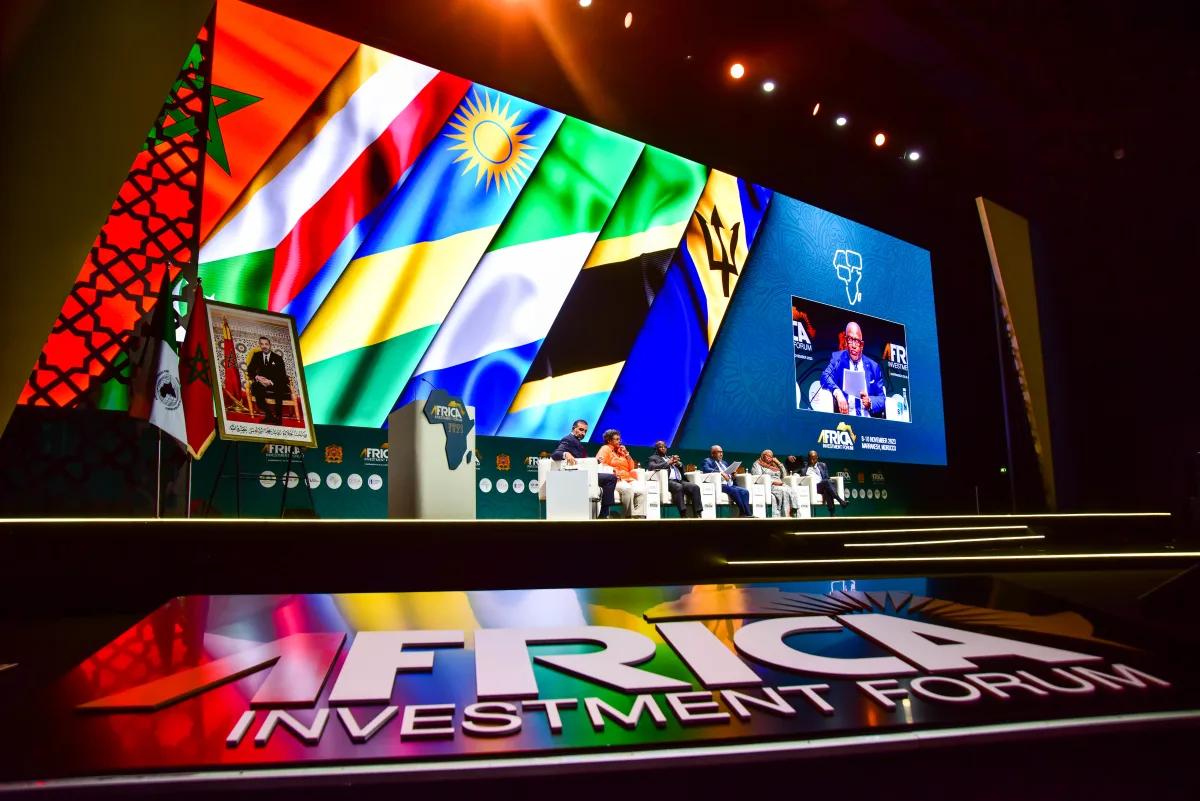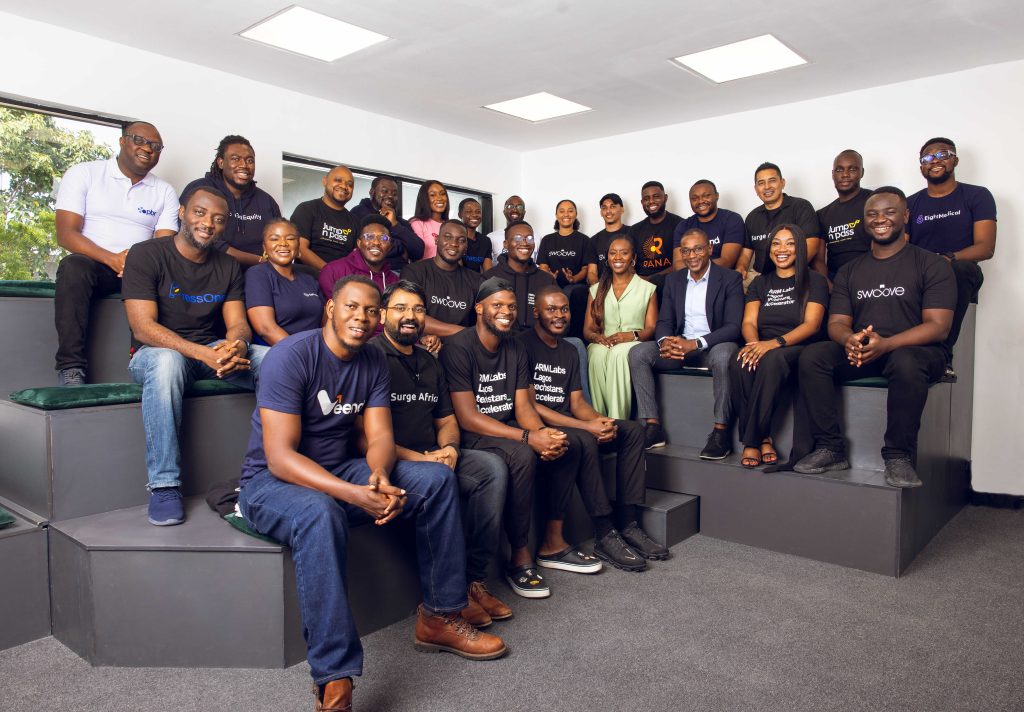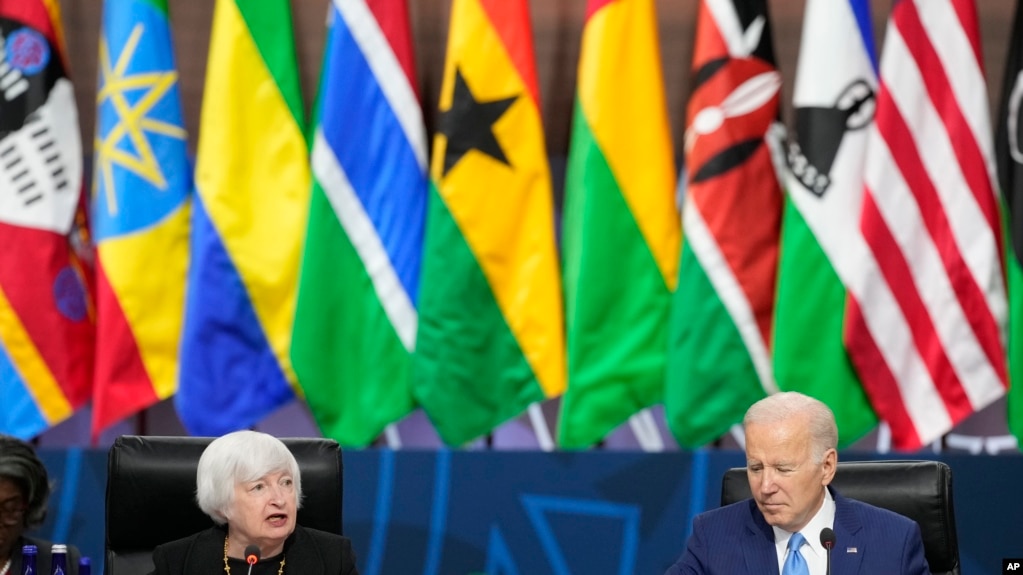This year’s Africa Investment Forum attracted significantly increased investment to the continent.

November 28th, 2023 By Dianna Games
The Africa Investment Forum (AIF) 2023 has lived up to its name, with investment promises amounting to $34.82bn made over the three-day Market Days event held in Marrakech, Morocco, in November. It was attended by financiers, investors, pension funds, policy makers, private equity firms and governments.
The pledged investments are across several sectors of the continent’s economy. As always, infrastructure was a main feature of discussions.
Kenya secured $300m for building new power lines, for example. Tanzania secured a $5.9bn investment in the country’s new Mtwara-Mbamba Bay standard-gauge railway project. It also received funding for the Mangapwani II Integrated Hub Port project in Zanzibar, which forms part of the government’s drive to develop its blue economy.
Power was also a top draw, with a focus on green energy projects. Huge power deficits across many countries and the drive for net zero carbon emissions have lent momentum to renewable energy rollout in Africa, including in the continent’s two biggest economies – Nigeria and South Africa.
Also on the table were deals in health and creative industries and agriculture. Side events included regional transport corridors and a Mayors’ Forum on leveraging cities and municipalities to unleash growth and development. This included mayors and governors from Lagos, Nairobi, Addis Ababa, Abidjan and ministerial representation from Rwanda.
The event hosted the launch of the private sector-focused Alliance for Special Agro-Industrial Processing Zones. This drew a commitment of $3bn towards development of these zones across the continent made by the AfDB, Afreximbank, the Islamic Development Bank and other partners.
The Forum also included some non-traditional discussions. One was about the role of sport in boosting economic development. The newly elected President of Rugby Africa, Ghana’s Herbert Mensah, highlighted the opportunity. “To invest in rugby across Africa is to invest in a continent of 1.3bn people, utilising the sport as a catalyst for both economic development and empowerment of the youth.”
‘Speed dating’ for investors
Organised by the African Development Bank (AfDB), the Africa Investment Forum, held under the theme “Unlocking African value chains”, is now in its fifth year. It was launched in South Africa in 2018 as an innovative marketplace. It was hosted this year in Marrakech, under the high patronage of King Mohammed VI.
Dedicated to advancing projects to bankable stages, raising capital, and accelerating the financial closure of deals, it has sometimes been described as “speed dating” for investors. The three-day global event drew over 1,000 delegates from more than 60 countries.
AfDB Group President and Chairperson of the AIF, Dr Akinwumi Adesina, said “We are building a formidable powerhouse around investments in Africa that will have transformative impacts on the lives of people. That is the bottom line of the Africa Investment Forum: investing to improve lives.”
Adesina highlighted the success of the AIF which, since 2018, has drawn 16,500 participants and generated nearly $143bn in investment interest, including securing $15.5bn for the Abidjan-Lagos highway corridor and $3.6bn for the East Africa railway corridor.
Its founding partners are the AfDB Group, Africa50, Afreximbank, the Africa Finance Corporation, the Development Bank of Southern Africa, the European Investment Bank, the Islamic Development Bank and the Trade and Development Bank.
Among delegates were several African heads of state and government, including Comoros President Azali Assoumani, President Samia Suluhu Hassan of Tanzania; President Julius Maada Bio of Sierra Leone; and Rwanda’s Prime Minister Eduoard Ngirente, also joined by the Prime Minister of Barbados, Mia Mottley.
Adesina observed that despite insalubrious global economic conditions, African countries had exhibited resilience, even growing faster than the global average.
“African economies witnessed a real GDP growth of 3.8% in 2022, higher than the world average of 3.5%. Five of the six pre-pandemic top-performing African countries are projected to be back in the league of the world’s 10 fastest-growing economies for 2023-2024.”
He said his optimism is based on the data. Africa, he noted, is expected to have a population of 2.5bn by 2050, accounting for 25% of the global labour force, making it a key player in the global economy.
The continent is expected to grow to $3.4 trillion as a result of the African Continental Free Trade Area, with the agricultural market worth $1 trillion by 2030.
He pointed out that the continent is critical to the green energy transition, being home to many of the minerals needed for the production of electric vehicles. “Africa accounts for the largest source of the ‘green metals’ for the development of electric vehicles, including platinum (70%), cobalt (52%), manganese (46%), bauxite (25%), and graphite (21%).”
The King calls on the private sector
In opening remarks read on his behalf by Omar Kabbaj, an advisor to the king and president emeritus of the AfDB, King Mohammed VI noted that the complex economic issues facing the continent, exacerbated by geopolitical tensions and climate change, had been further complicated by challenging fiscal conditions.
He urged greater private sector investment and participation in African countries. “State budgets alone cannot cover all the investment needed, especially in high-potential, job-intensive sectors.”
The King observed that while infrastructure development is a barrier to development in Africa, he emphasised what can be done, using the example of Morocco.
The Kingdom of Morocco now has 4.1 GW of installed renewable electricity generating capacity, and is continuing to roll out its strategy to increase the share of renewable energy to over 52% of its national electricity mix by 2030. The Tanger Med port complex has helped position the kingdom as one of the top 20 logistics hubs in the world.
The importance of being derisked
Speakers raised the issue of the unrealistically high perceptions of risk in Africa, which affects the flow of capital into the continent and pushes up costs of finance. It has also deterred the deployment of assets under management from pension funds and other institutions for infrastructure and other investments.
Investors and institutions based in Africa or already doing business here believe the risk is overstated and does not match the reality on the ground. The AfDB aims to change this by derisking investment, improving information about opportunities in Africa and pushing for, and supporting, more bankable projects. The founding members of the AIF weighed in with some of their views.
The CEO of the Islamic Trade Finance Corporation, Eng. Hani Salem Sonbol, said that Africa was a land of boundless possibilities and a dynamic engine of growth.
Admassu Tadesse, Trade and Development Bank group president emeritus and group MD, said the TDB Group was pleased to see the AIF continuing to attract diverse financiers and institutional investors for greater engagements on investments and co-financing opportunities.
European Investment Bank vice-president Ambroise Fayolle restated the importance of a strong, innovative and resilient private sector and added, “We are happy to see how the creativity and vision of African innovators is making an impact, particularly in the area of technology.”
Africa Finance Corporation president and CEO Samaila Zubairu said collaboration through strategic partnerships such as the AIF was critical to unlocking opportunities in Africa’s rich and diverse value chains. The CEO of the Development Bank of Southern Africa, Boitumelo Mosako, praised the utility of the event in providing a platform for engagement with partners on transactions.
Alain Ebobissé, Africa50 CEO, said: “Once again, this year, the Africa Investment Forum has been a testament to the founding partners’ dedication to initiating projects that tap into Africa’s rich potential across diverse sectors.”
Source: African Business, 9th November 2023
 afric-Invest
afric-Invest





